Have you ever caught your furry friend licking the air for no apparent reason? Well, you’re not alone.
It’s a strange behavior that leaves pet owners scratching their heads. But fear not, because we’ve got the answers you’ve been looking for!
In this handy post, we’ll explore why your pooch has taken up this peculiar habit. From simple curiosity to medical conditions, there are several possible explanations behind this phenomenon.
- Dogs lick the air to explore their environment and taste scents.
- Air licking in dogs often indicates happiness or excitement.
- Excessive air licking can be a sign of medical issues like nausea.
- Ongoing air licking may mean a foreign object is in the dog's mouth.
- If air licking is excessive, consult a veterinarian for advice.
So, get ready to uncover the mysteries of why dogs can’t resist licking the air!
The information provided herein is for informational purposes only. Please refer to our disclaimer for more details..
- Is it normal for dogs to lick the air?
- Why does your dog lick the air when you scratch him?
- What does it mean when your dog is licking the air?
- Reasons why dogs lick air
- Behavioral causes of air licking
- Canine constantly licking: When should the alarm bells start ringing?
- What to do when your dog keeps licking the air
- Conclusion: Should you worry about your dog licking the air?
- Frequently asked questions
Is it normal for dogs to lick the air?
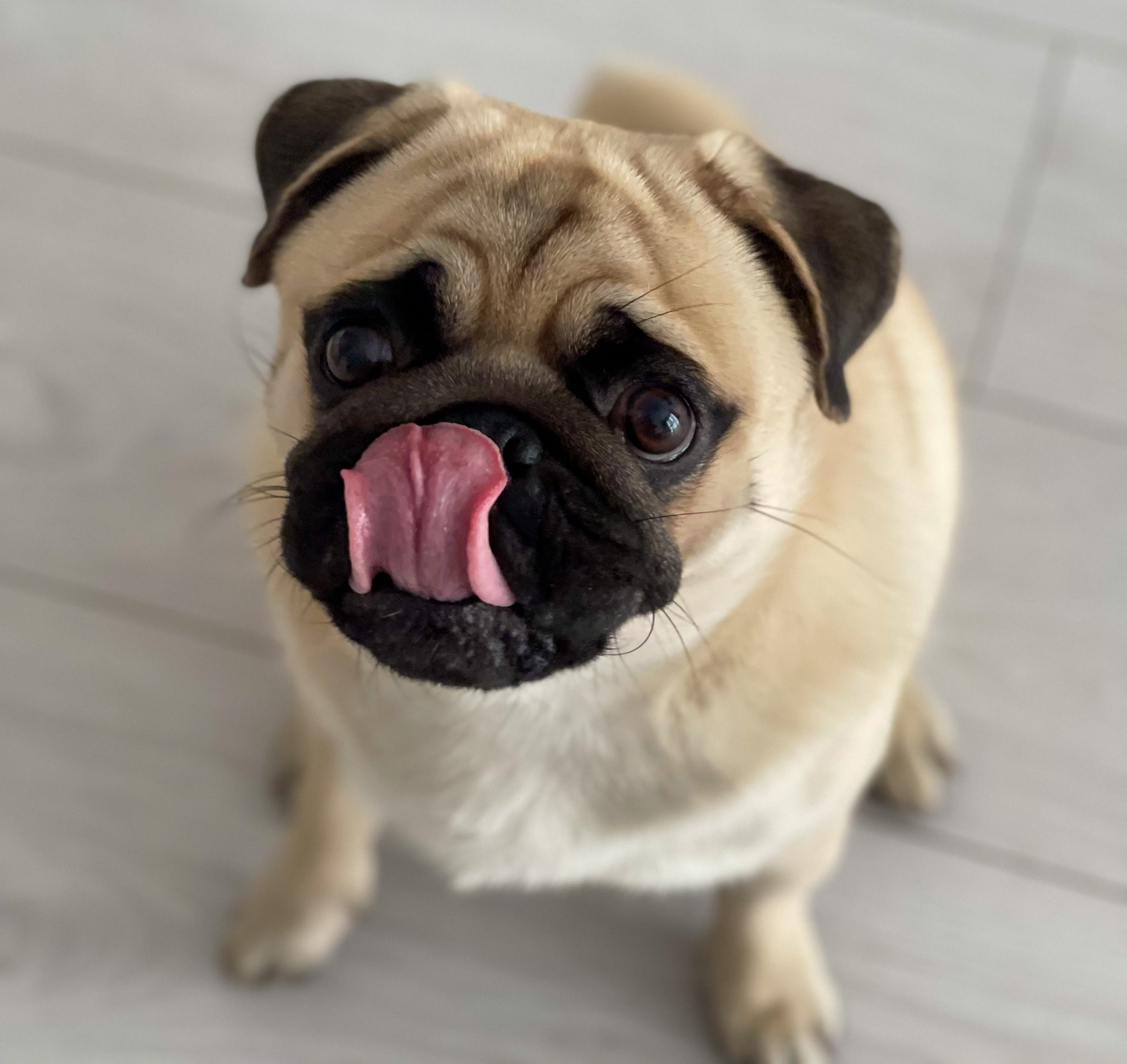 Image credits: Nikita Telenkov
Image credits: Nikita Telenkov
Yes, it is normal for dogs to lick the air on occasion. Many dogs use their sense of taste and smell to explore their environment.
When they lick the air, they are trying to gather more information about their surroundings or catch scents that are carried through the air. However, if you notice your dog frequently licking air, it could mean underlying medical or behavioral issues.
To know whether your dog’s licking is normal, consider the frequency and intensity of their air licking. You should also watch to see the instances that cause your dog to constantly lick air.
As a responsible owner, if you notice your dog licking the air, monitor the behavior and consult a veterinarian if anything seems off. A professional evaluation can help you rule out potential medical concerns like allergies, gastrointestinal issues and more.
Why does your dog lick the air when you scratch him?
In dogs, air licking may indicate happiness. According to Dr. Mary Butch, some dogs lick the air when they are happy or excited. So, your dog may lick at the air during scratches as a response to the pleasurable feeling.
Air licking during scratches may also be due to the Flehmen response. This is a behavior where dogs curl their upper lip and expose their teeth in response to chemical cues like scents and pheromones. By exposing the roof of their mouth and directing the scents toward the vomeronasal organ, they gather more information about the scents they encounter.
In rare cases, air licking shows anxiety or fear. Look out for other signs of anxiety like trembling or a tucked tail and stop the scratching if it is making the dog tense.
What does it mean when your dog is licking the air?
There are many reasons why your dog will lick air. It could be a sign of sensory exploration, hunger or thirst, allergies, nausea, heat, dental issues, or a way to seek attention. In some cases, excessive licking of the air could be a sign of canine cognitive dysfunction or the presence of a foreign object in their mouth.
Reasons why dogs lick air
1) Sensory exploration (The Flehmen Response)
Dogs love sniffing and licking everything around them. When a dog licks the air, they are trying to investigate and analyze the scents in their immediate surroundings. This form of sensory exploration is an integral part of their cognitive process and is linked to something called the Flehmens response.
The Flehmens response, also known as the Flehmens grimace, is a behavior seen in many animals including dogs, cats, horses, and other mammals. It involves dogs curling their upper lips to expose their vomeronasal organ to the air. By doing this, they appear to lick the air.
The vomeronasal organ, also known as Jacobson’s organ, is a special olfactory organ located in the roof of the dog’s mouth. It is responsible for detecting and processing pheromones and various chemical substances. When a dog curls its lip and exposes its vomeronasal organ, it helps them “taste” the air to gather more information about the scents they encounter.
2) Hunger or Thirst
Dogs often lick the air or their lips when hungry. Licking the air can help get their taste buds going and make them ready to chow down. You’ll usually notice this happening right before mealtime, which shows how excited they are to eat.
And it’s not just hunger that causes this behavior – yummy smells in the air, like the aroma of roasted chicken can also trigger some air-licking action. Dogs just can’t resist the delicious smells of good food.
In hot weather, dogs may also lick the air as a way to cool themselves down. Dogs air lick when dehydrated so make sure your dog’s water bowl is filled with water at all times. According to First Vet, other signs of dehydration may include a dry nose, thick saliva, and decreased activity.
3) Nausea
Dogs also lick the air to grapple with nausea. If your dog starts licking the air and appears unwell, it may be a sign that it is about to throw up.
Unfortunately, nausea in dogs is a non-specific sign. It could be caused by something as simple as eating too fast or by a serious ailment like cancer. If you notice your dog vomiting or licking air in an attempt to curb nausea, take your dog to the vet.
If you notice that your dog is about to throw up, move them to an area that is easy to clean, such as tiles or hardwood floors. After vomiting, make sure your dog has plenty of fresh water to drink and investigate the cause.
4) Dental issues
Dogs with dental problems may lick the air as they try to soothe the pain in their mouths. A loose tooth could also cause a dog to lick air. If you see compulsive licking and notice changes in your dog’s eating habits, it might be time for your dog to take a trip to the dentist.
As dogs get older, they are more prone to dental issues. Hence, such dogs require regular checkups to ensure proper oral health.
5) Foreign object in the mouth
If your dog is licking the air excessively and appears to be uncomfortable, there may be a foreign object lodged in their mouth. Like us, dogs often use their tongues to dislodge uncomfortable foreign items, causing them to look like they are licking the air.
Also, pups will lick the air when they have sticky food on the roof of their mouth or in between their teeth.
6) Seizures
Licking the air can also mean a partial seizure. According to Pet MD, a partial seizure is a type of seizure where abnormal electrical activities are affecting only a small part of the brain. This can be accompanied by unusual repetitive behaviors like nose licking and air licking.
But sometimes, there can be other weird or repetitive things going on too. Like with dogs, they might do things like lick their noses or lick their lips, but it’s not always obvious.
Behavioral causes of air licking
Anxiety, boredom, compulsive behavior, or even fear-related aggression could cause compulsive behaviors such as air-licking. Let’s look at the common cases of this behavior in dogs.
Anxiety
If a dog is feeling scared, you may notice it licking its lips and air as a self-soothing mechanism. This behavior is usually accompanied by other signs of anxiety such as pacing, hiding, or excessive vocalization. Common triggers for anxiety-related air licking are separation from their owners, exposure to loud noises, or changes in a dog’s environment.
Boredom
Dogs thrive on mental stimulation and physical activity. When they become bored, they may resort to air licking as a form of self-entertainment, you may try new toys to beat a boredom. While air-licking is not specific to any breed, working dog breeds like German Shepherds and Border Collies may be prone to licking air due to their high energy levels.
Fear-related aggression
When dogs are in stressful situations, licking the air can help them avoid looking directly at the source of their fear. It’s a way for them to show that they’re not comfortable or uneasy
Compulsive disorder
In some cases, licking the air can be a compulsive disorder related to anxiety or stress. Compulsive behaviors in dogs often require professional intervention from both veterinarians and qualified dog trainers.
Attention
Some dogs will lick the air to get their owner’s attention. They may have learned that this behavior elicits a response or gives them the desired interaction.
Canine constantly licking: When should the alarm bells start ringing?
If your furry friend can’t stop licking air, it might be time to start worrying. I mean, a little lick here and there is normal for dogs, but if it turns into an obsession, something might be wrong.
Recognizing the change in frequency and duration of air-licking, along with other signs, can help you determine when it’s time to consult with a veterinarian or a professional behaviorist to address the underlying causes.
What to do when your dog keeps licking the air
If your dog engages in excessive air licking, i consult with a veterinarian. However, here are a few changes you can make on your own.
- Try the identify the reasons your dog is air licking.
- Change your dog’s food. Sticky food causes this behavior.
- Brush your dog’s teeth at least once every week. This helps dogs maintain good oral hygiene and prevent periodontal disease.
- If your dog suffers from anxiety-related air licking, remove the stressors.
- Engage your dog in mental and physical activities, such as puzzle toys or interactive play, to keep them mentally stimulated.
- If air licking persists, worsens, or is accompanied by other concerning symptoms, consult your veterinarian for a thorough examination and diagnosis.
Conclusion: Should you worry about your dog licking the air?
If your dog occasionally licks the air, there is usually no need to worry. It’s a normal behavior in many dogs. However, if the licking becomes excessive or is accompanied by other concerning symptoms, it’s best to consult with a veterinarian to rule out any underlying health issues.
Frequently asked questions
Why does my dog keep licking his lips and air?
Dogs may lick their lips and the air in response to stress or anxiety, or to gather more information about scents in their environment. They could also lick the air as a sign of medical or behavioral issues. Observe their behavior for any other signs of distress.
Why does my dog sleep with his tongue out and twitching?
When dogs sleep, their muscles may relax, causing their tongue to hang out or twitch occasionally. Dogs, like us, experience dreams during their sleep. During these dream phases, also known as REM (Rapid Eye Movement) sleep, dogs may exhibit various movements and twitches, including facial and tongue movements.
979views
Share on Facebook
 Dark Mode
Dark Mode 

 No fees, cancel anytime
No fees, cancel anytime 






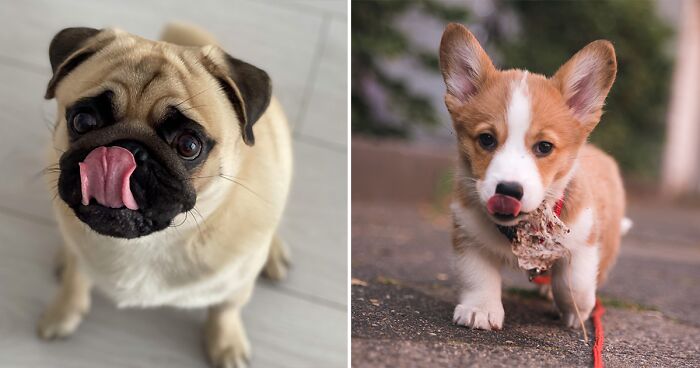
 Image credits:
Image credits: 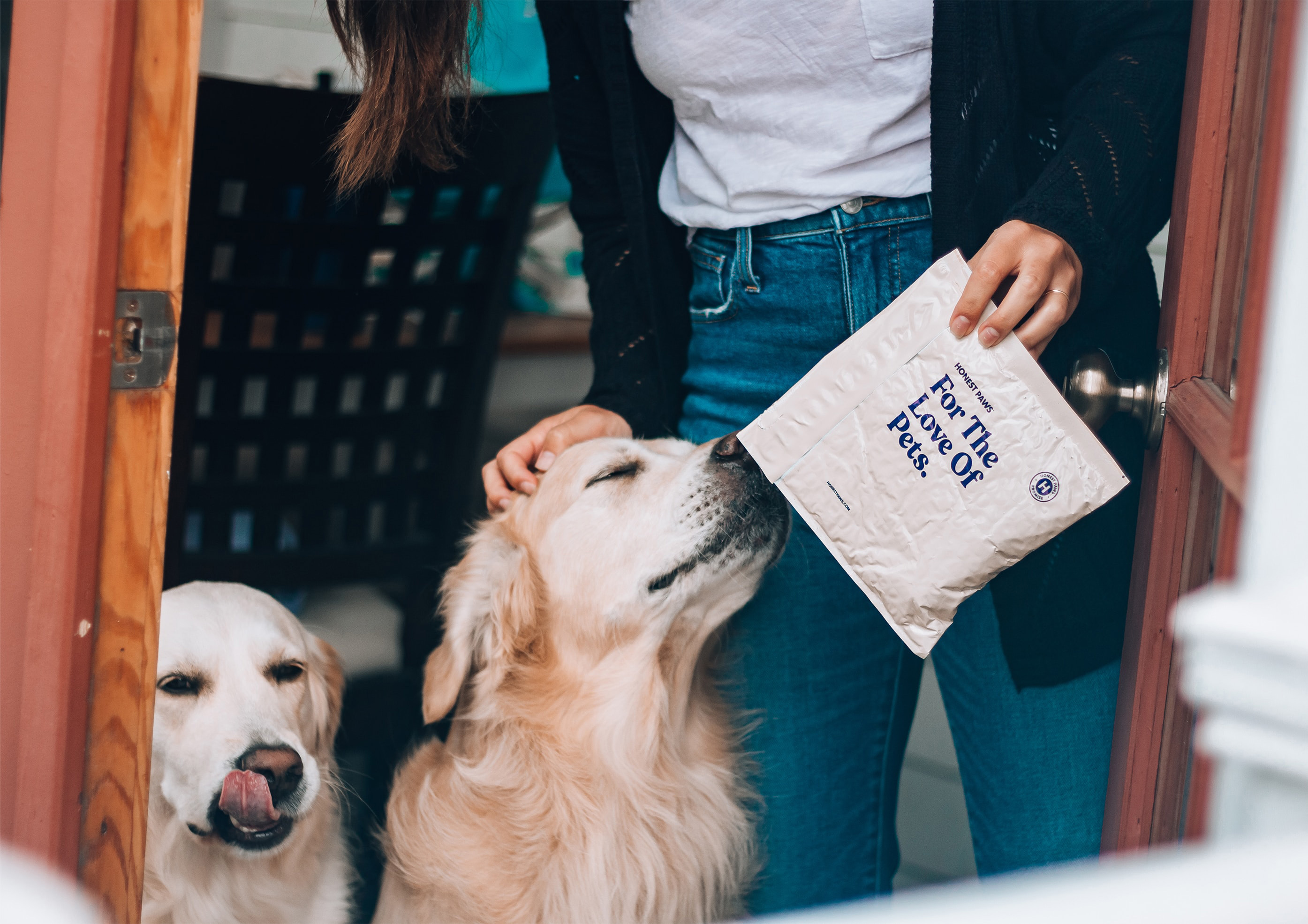 Image credits:
Image credits: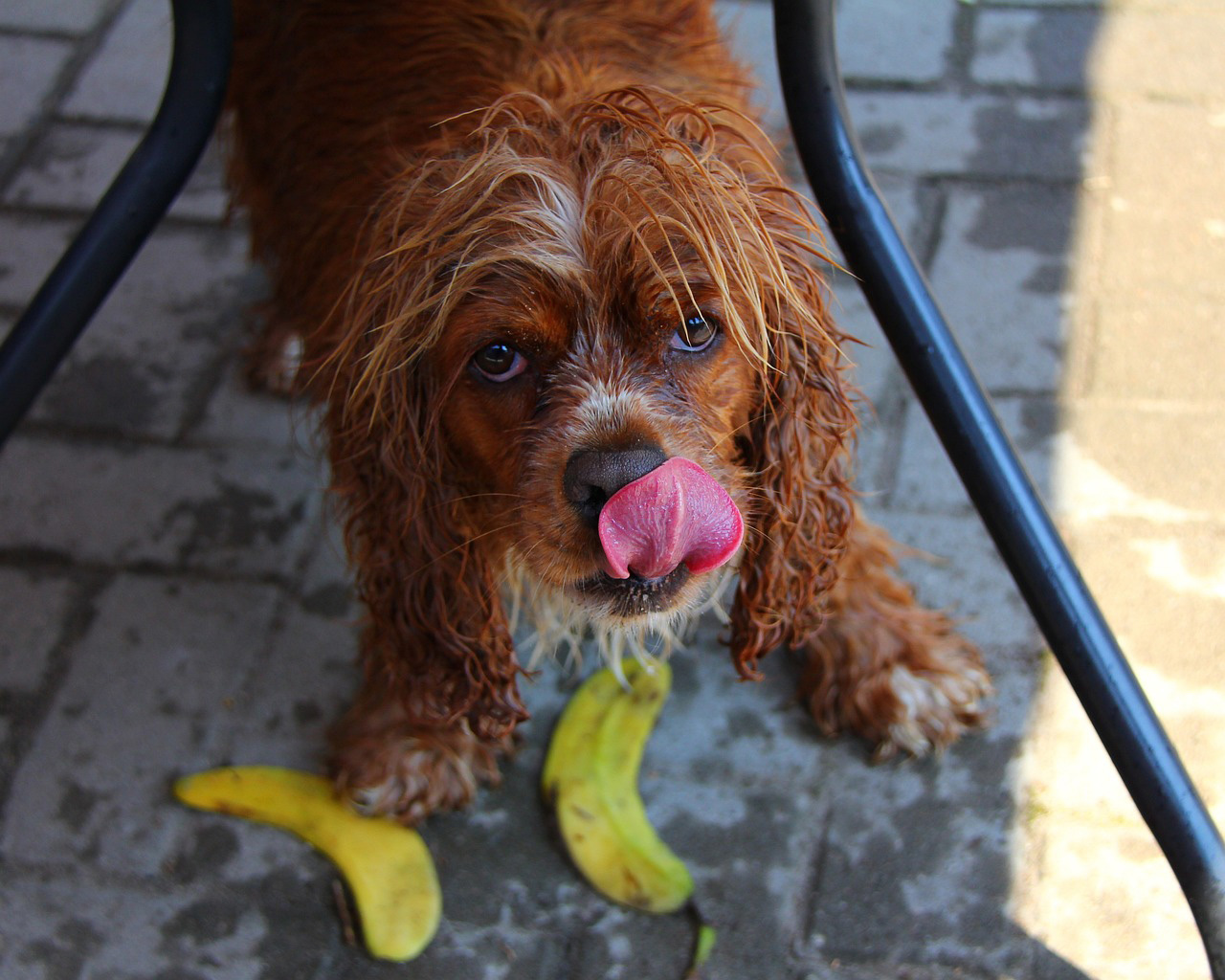 Image credits:
Image credits: 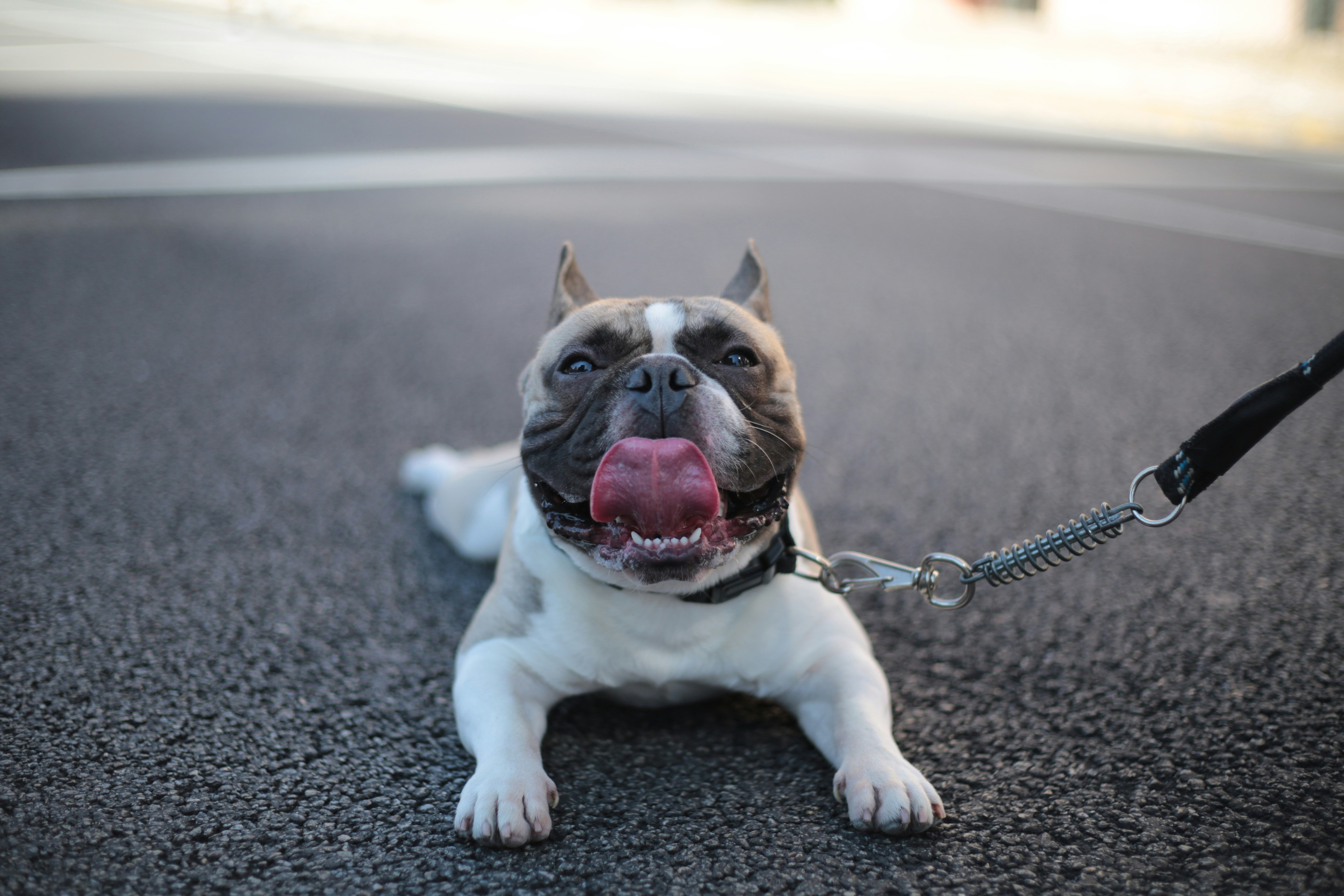 Image credits:
Image credits: 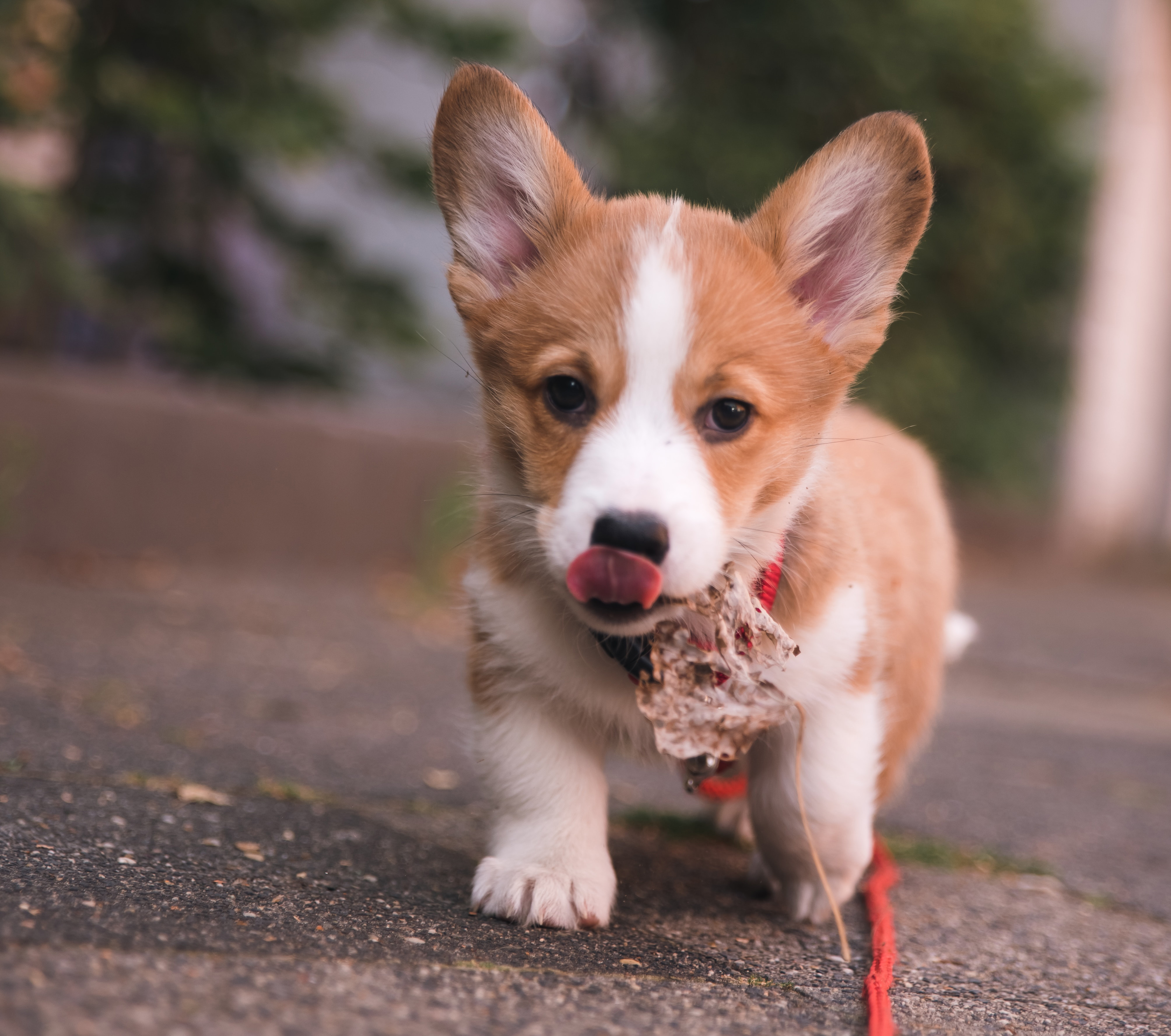 Image credits:
Image credits: 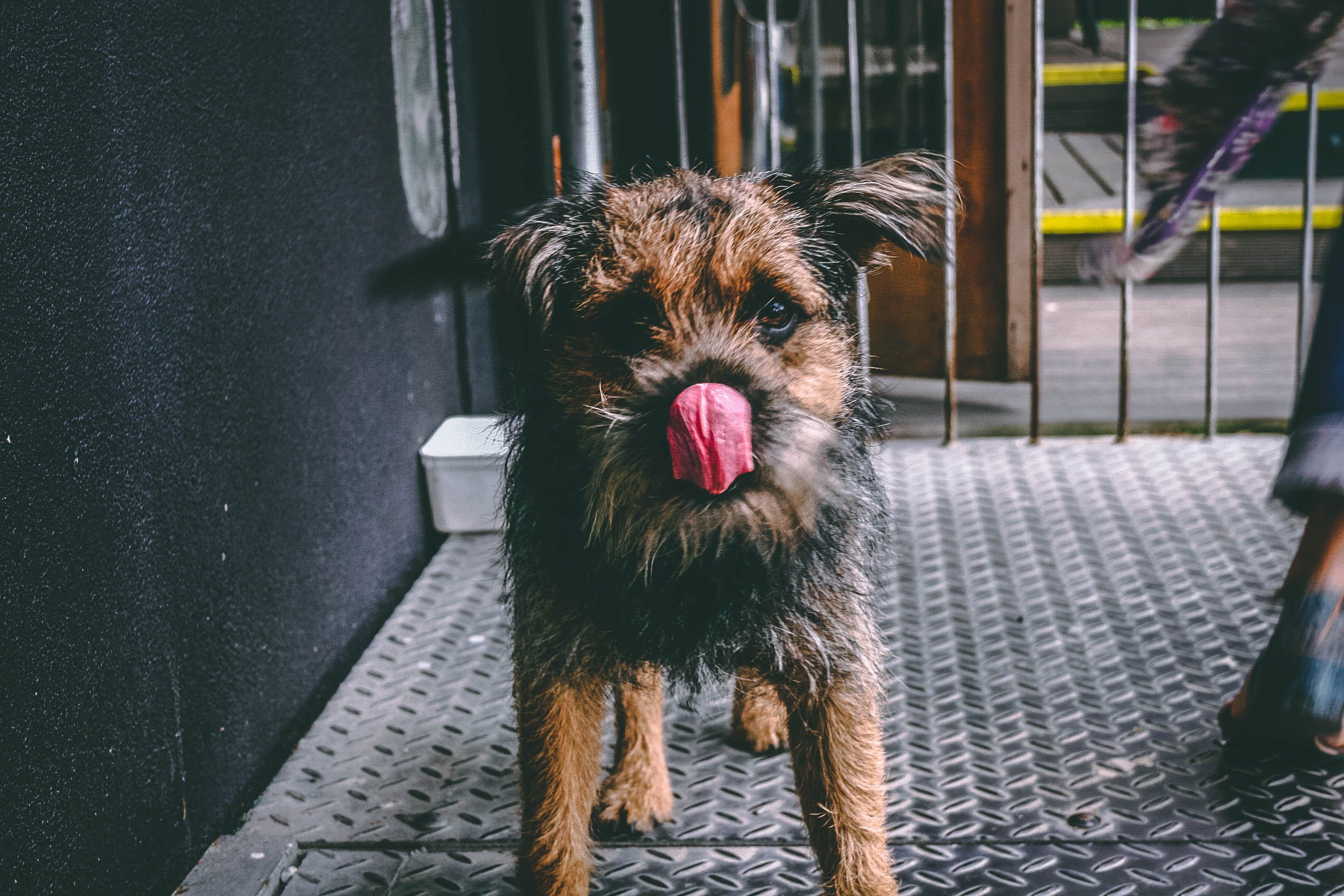 Image credits:
Image credits: 










































8
1